MoXMo: European multiculturalism facing the challenges of the Thau basin
Around sixty students from the European alliance Charm-EU were in the Hérault region from April 15 to 26 to work together on solving environmental challenges directly related to the area. It was an opportunity for them to put their learning into practice in a stimulating multicultural context.
Did you say MoXMo? Behind this acronym (Montpellier cross-thematic mobility) lies an Erasmus+ student mobility program that falls into the category of BIPs ( blended intensive programs). These programs enable young people enrolled in European universities to spend a short but intensive period abroad. In this specific case, the event took place as part of the international master's degree program "Global Challenges for Sustainable Development," a joint degree offered by five universities that are members of the Charm-EU alliance (see box), including the University of Montpellier.
There is no doubt that the sixty or so young Europeans from universities in Spain, the Netherlands, Germany, Hungary, and France who came to participate in this second edition of MoxMo, which took place from April 15 to 26 in the Hérault region, were in for a complete change of scenery. A key moment in their training, which focuses on learning through problem-solving, this express student mobility program gave them the opportunity to work in international and interdisciplinary teams on environmental issues in line with the challenges facing our region.
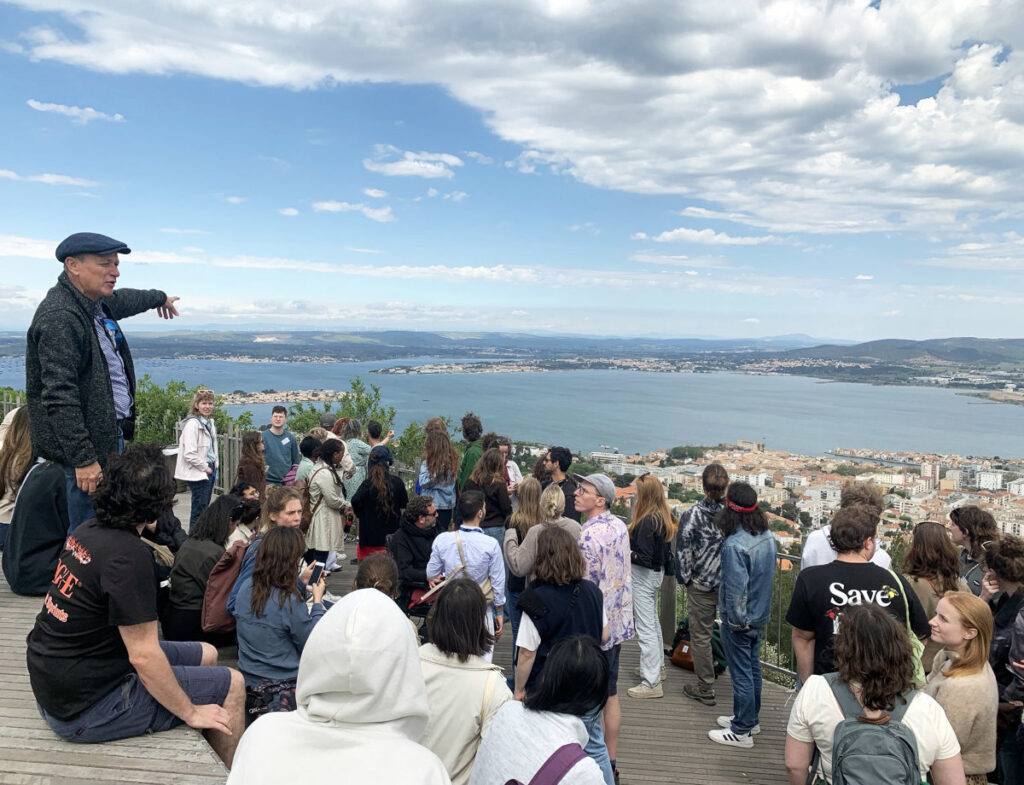
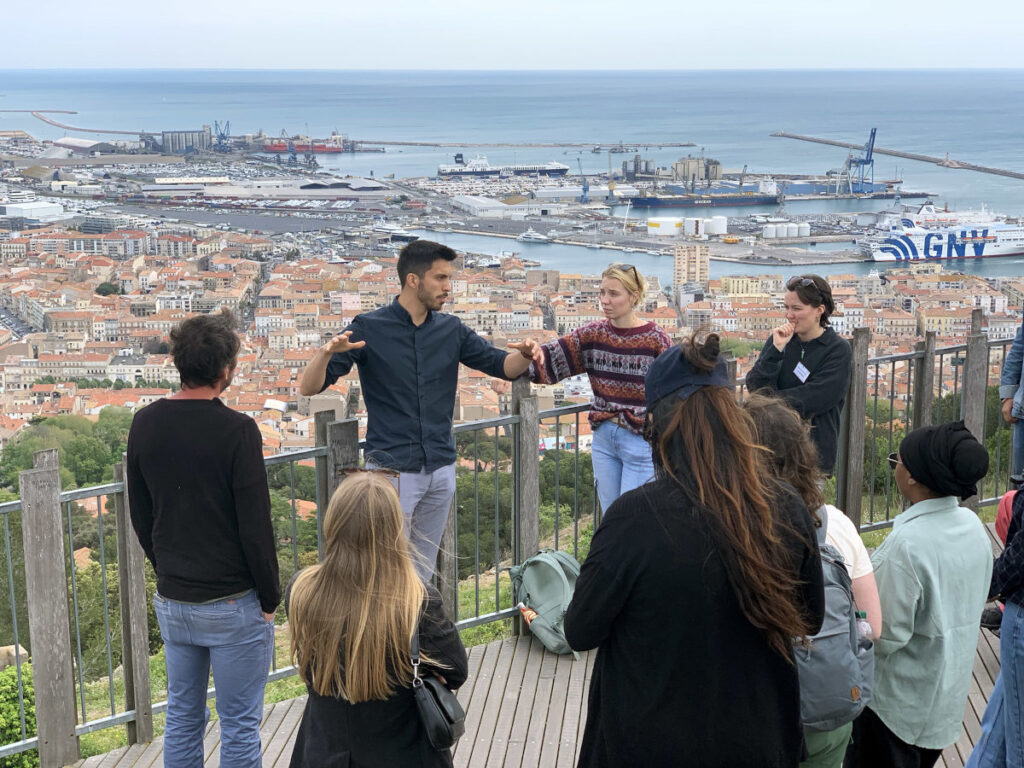
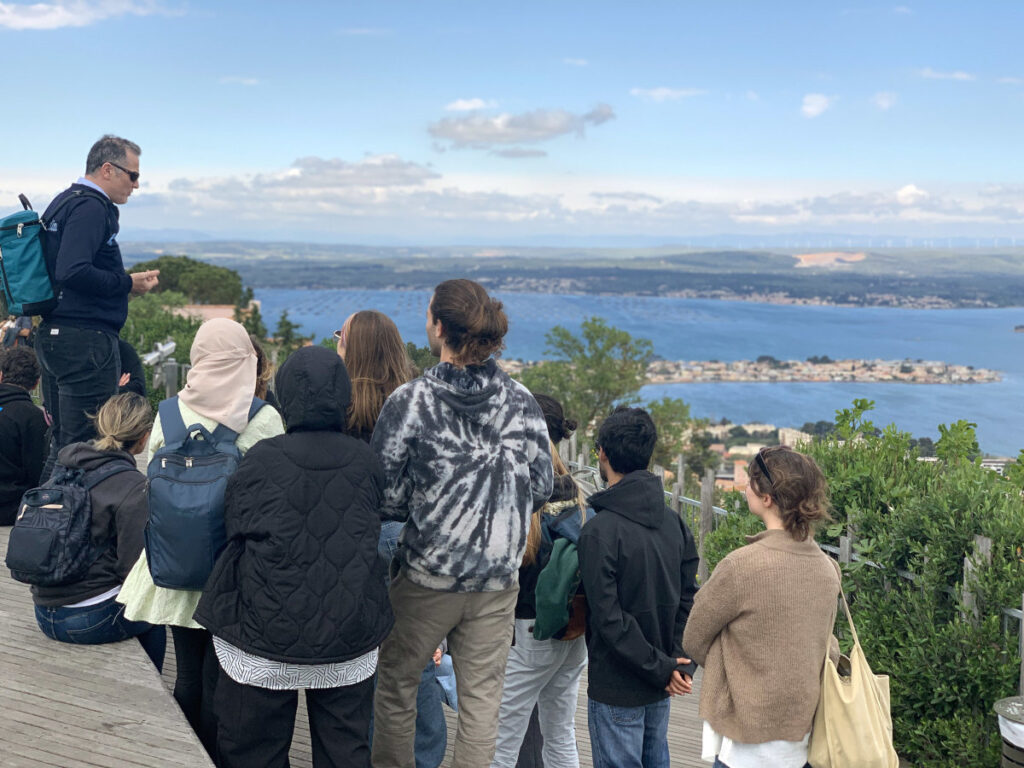
Raise awareness of specific issues
Five of these challenges were developed in advance by the European Master's teaching team in close collaboration with the Thau Basin Joint Association (SMBT). "We are taking advantage of the presence of students from the CHARM-EU program, who are English-speaking and come from several European countries, to bring us a different way of thinking and solutions that we would not have thought of," explains Alexandre Pennaneac'h, who is in charge of running Blue Thau Lab, the SMBT's collaborative territorial innovation platform.
These master's students were tasked with considering how to raise awareness and engage civil society and the professional world in the specific issues facing the Thau lagoon. The challenges included agri-photovoltaics applied to shellfish farming, the use of AI to analyze the water in the Thau lagoon, eco-friendly walking trails, subsidized environmentally friendly initiatives for agriculture and livestock farming, food security, and more.
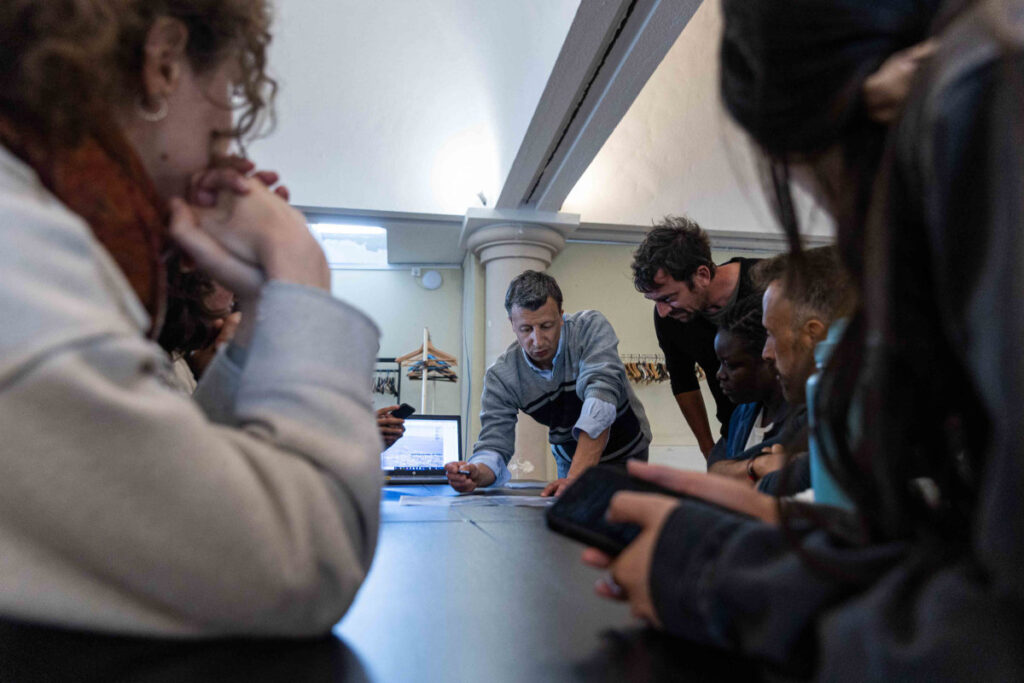
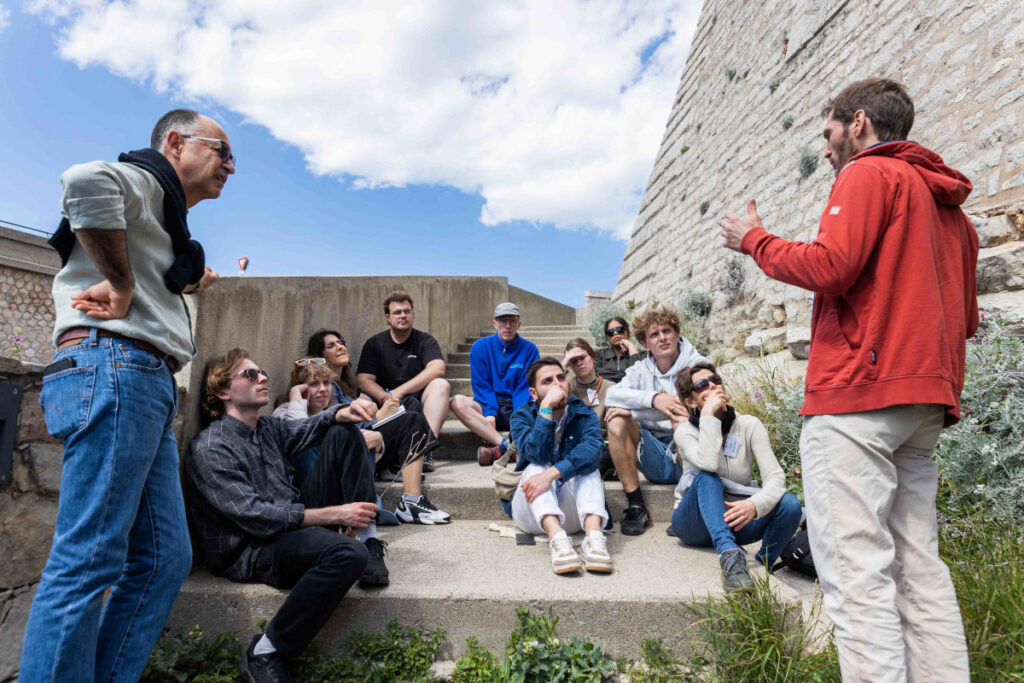
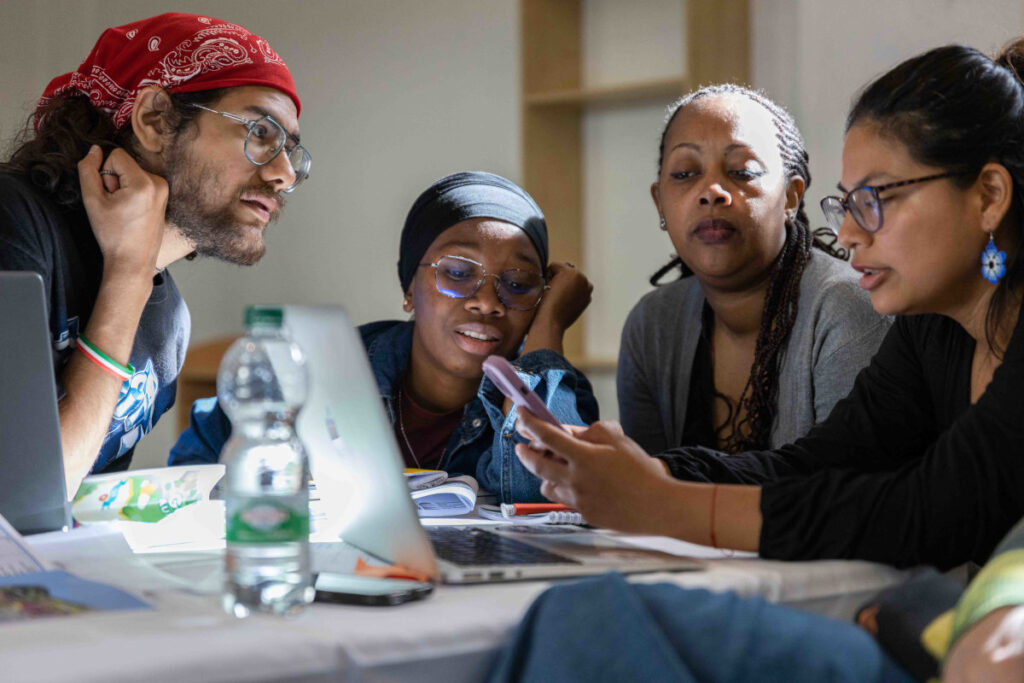
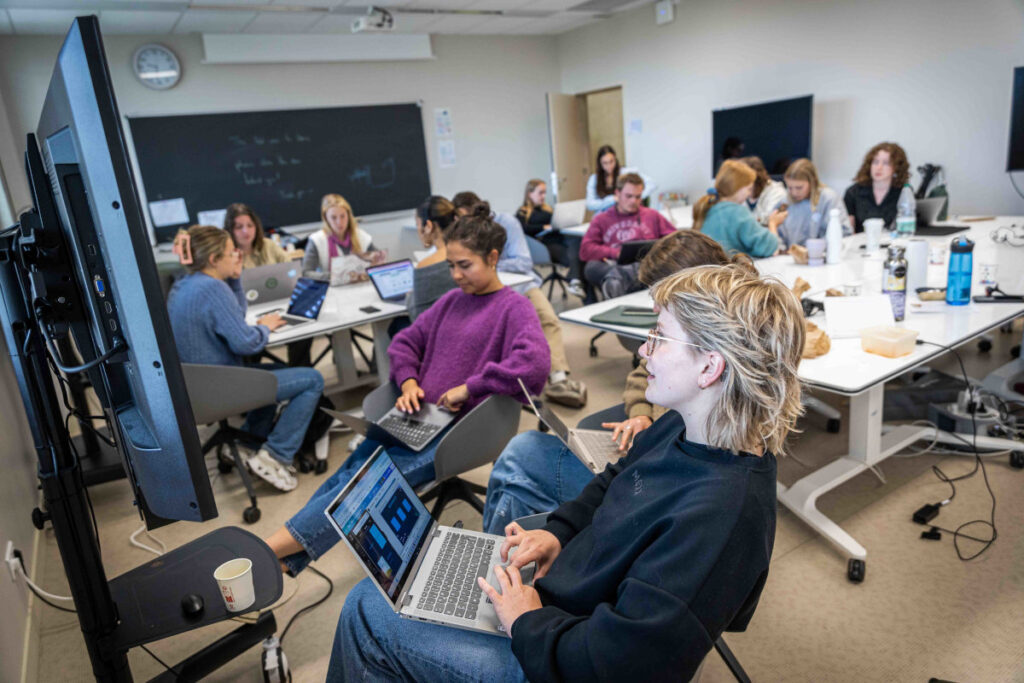
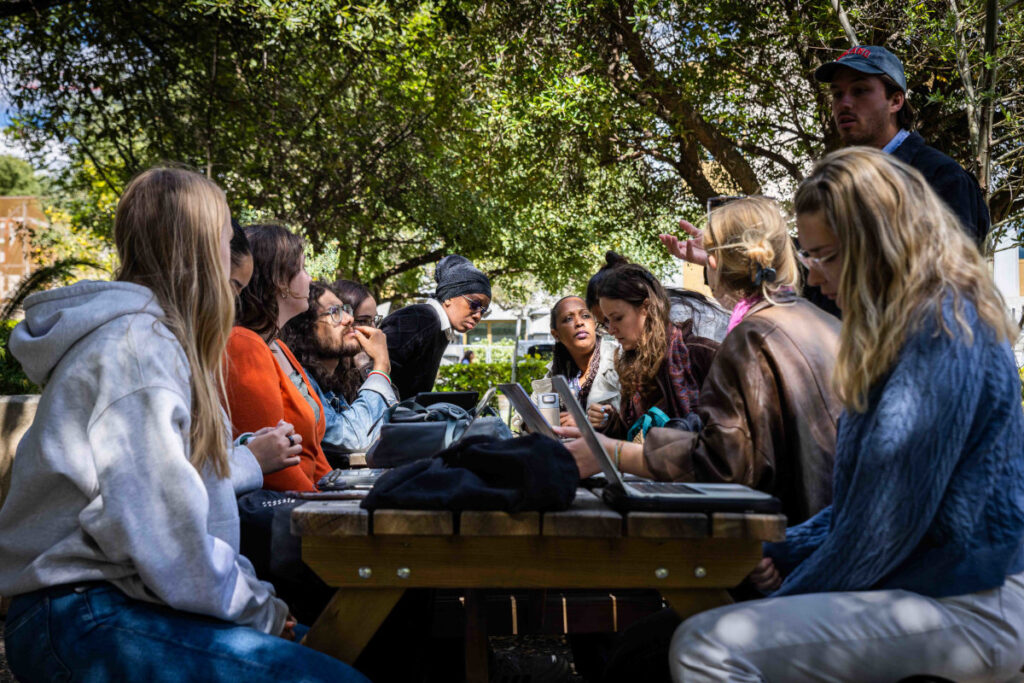
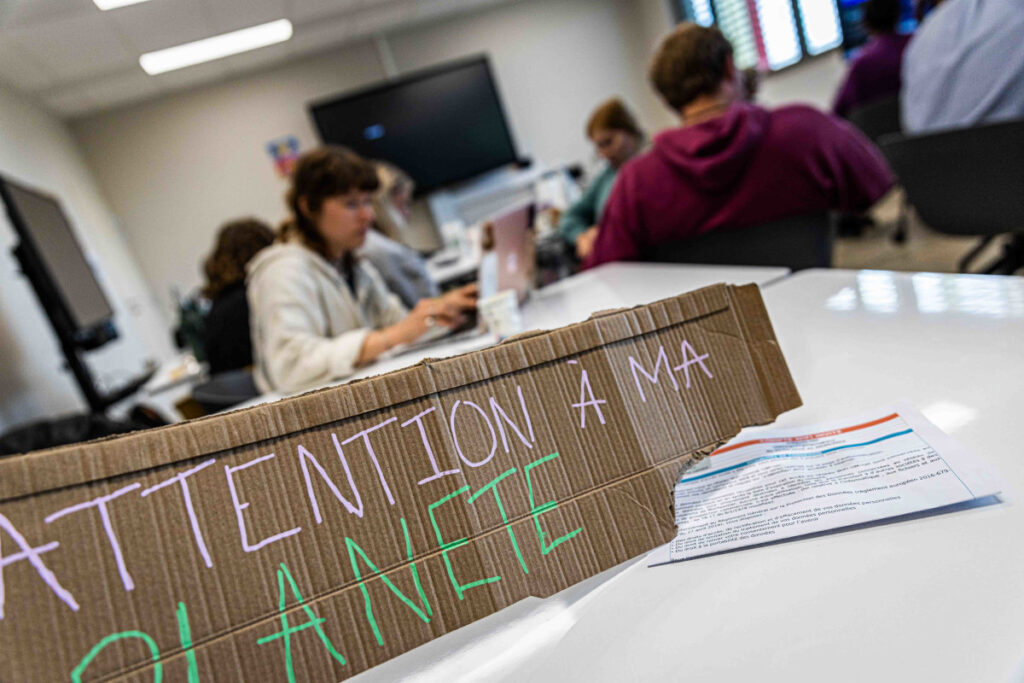
© Superkut
Sixth and final challenge: a reflection on the development potential of the UM's aquaponics training platform, located within the Mediterranean Coastal Environment Station (SMEL) in Sète. Aquaponics is a technique that allows water from aquaculture to be reused for other purposes (market gardening, ornamental plants), thus avoiding waste and limiting pollution. "Students can have a much more global vision than ours, which is often very technical, " notes Claude Amiel, UM project manager at SMEL.
From podcasts to interactive mapping
The students spent their first week in Balaruc-les-Bains, on the banks of the Thau lagoon. There, they met professionals working in strategic sectors in the region: fishing, viticulture, livestock farming, agriculture, oyster farming, tourism, and more. Supervised by master's degree teachers, the projects were developed in real-life conditions within teams made up of young people who were sometimes meeting for the first time and who, as another major challenge, did not always speak French. The CPIE (Permanent Center for Environmental Initiatives) Bassin de Thau association and the members of the SMBT also contributed their expertise to a holistic approach that took into account the central role of environmental protection and the importance of communication between the various stakeholders in the region.
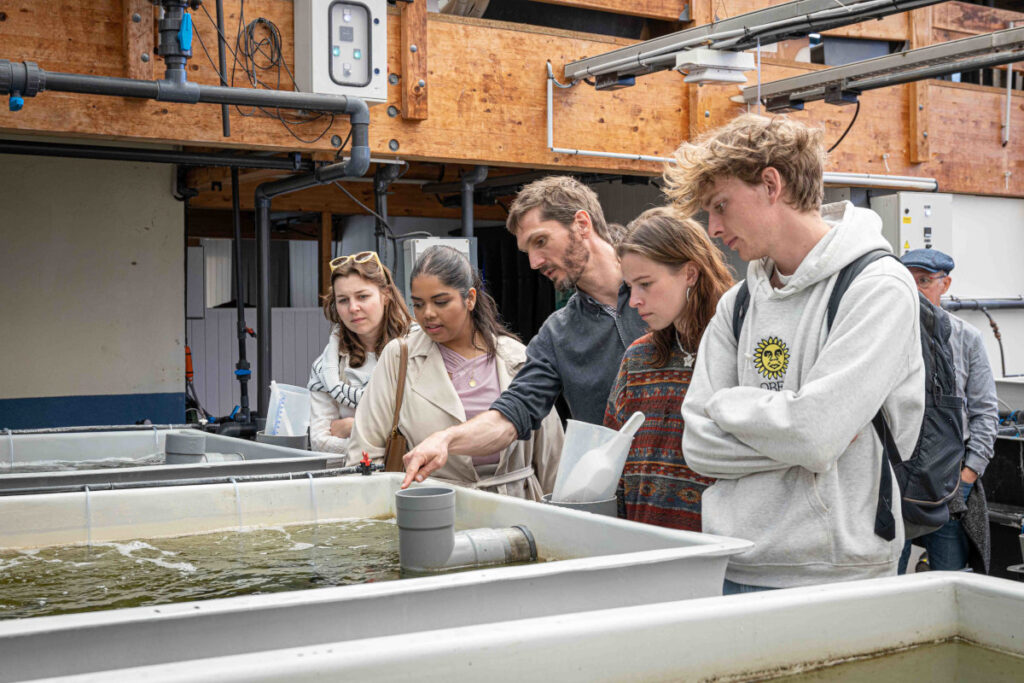
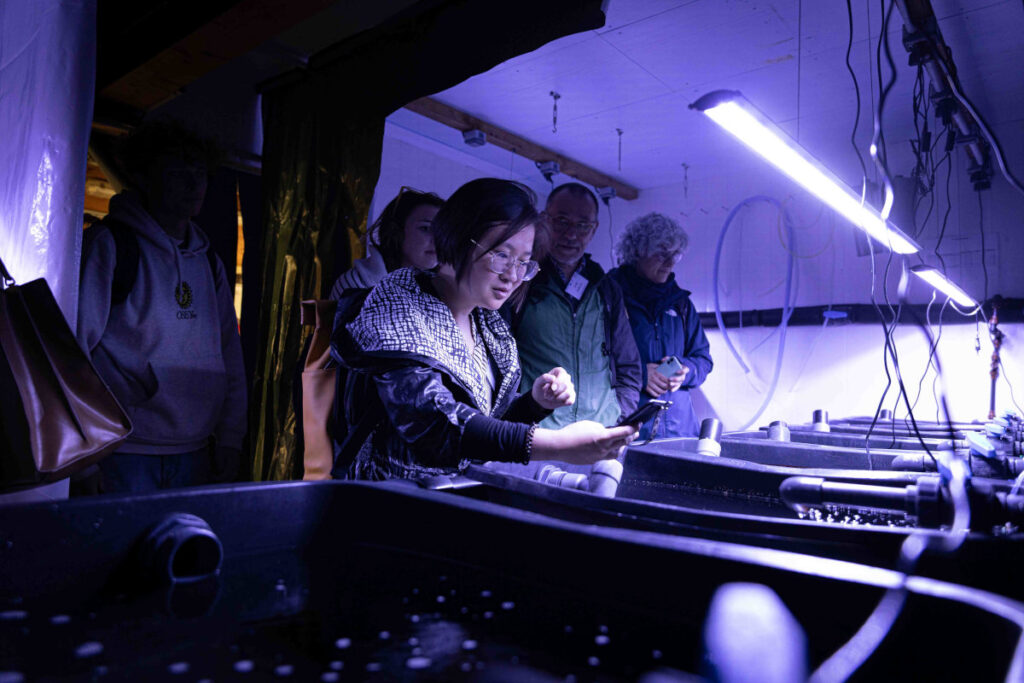
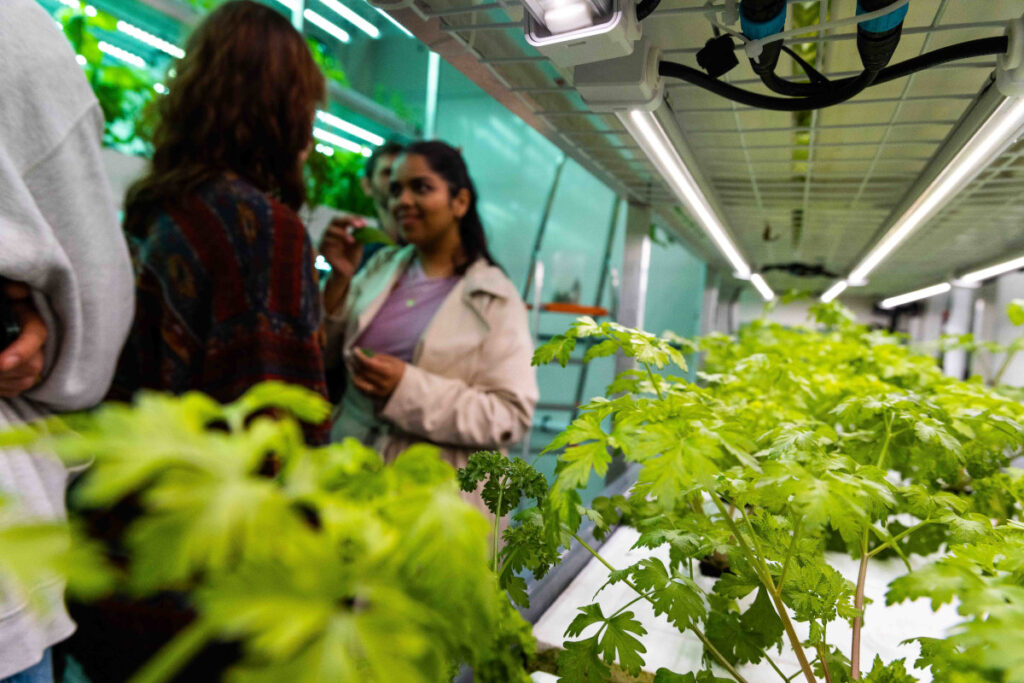
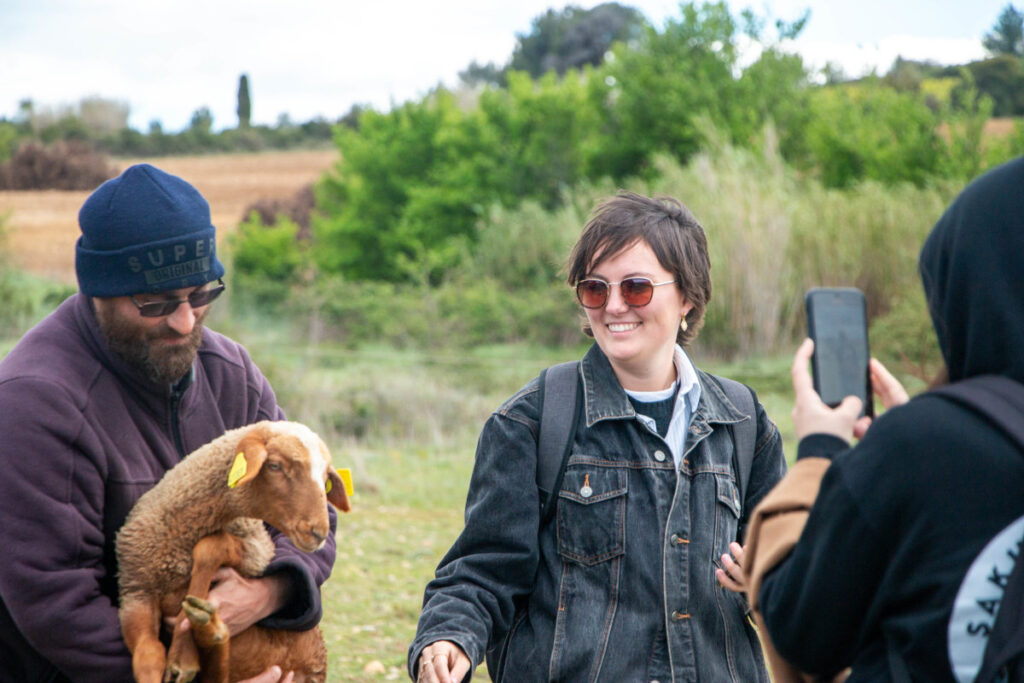
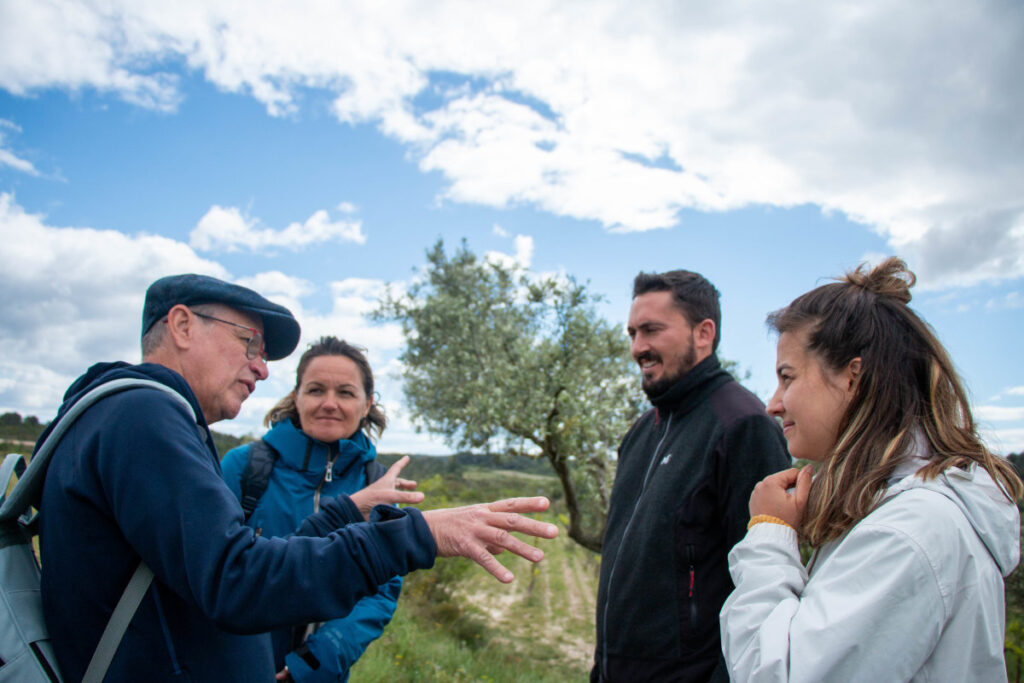
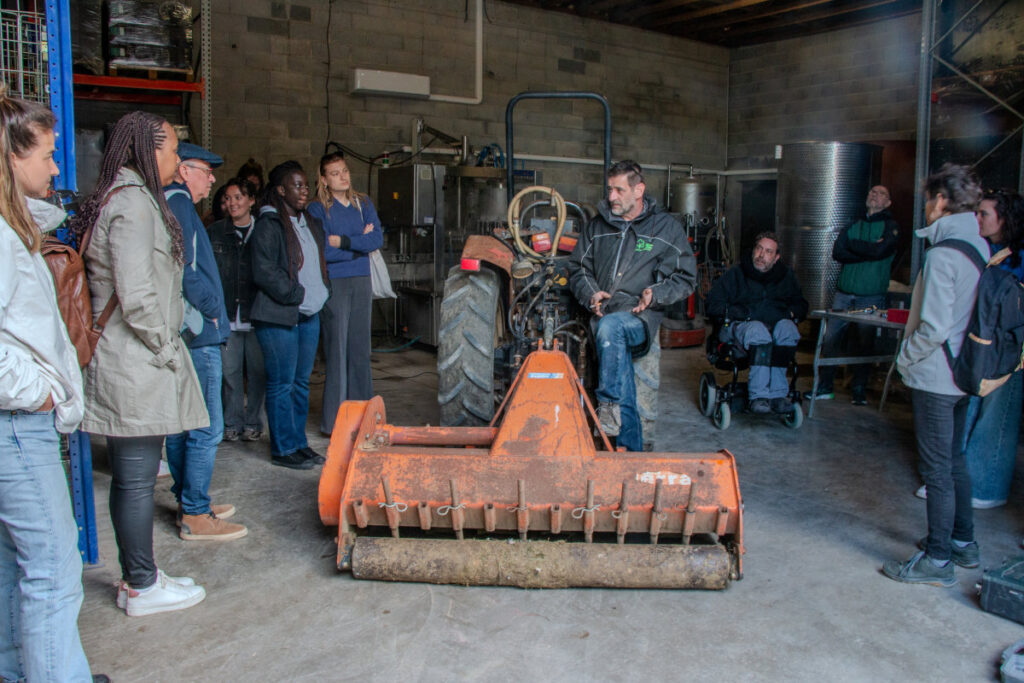
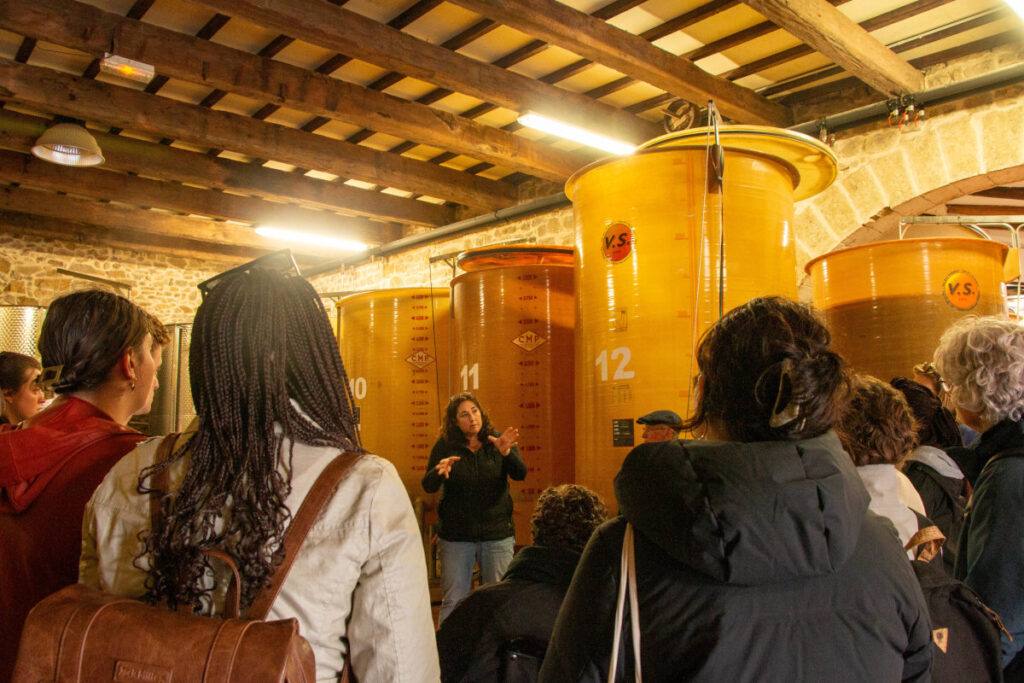
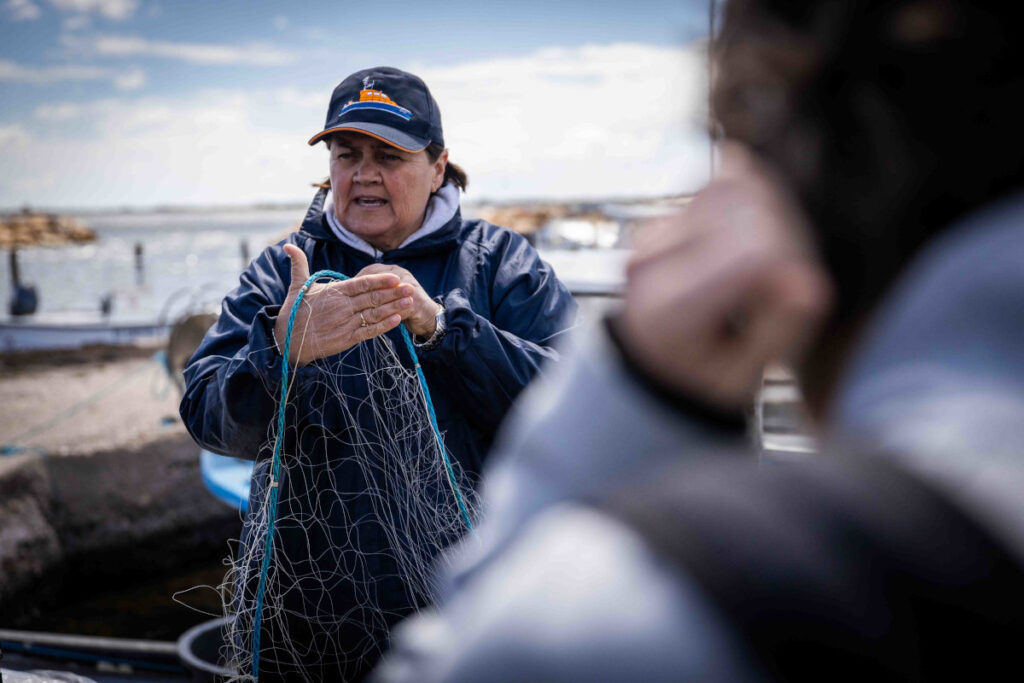
During the second week, the young Europeans met researchersfrom Icireward, UNESCO's water center, and visited various research sites while continuing to work on their challenges. "It's a hands-on school: students find themselves dealing with constraints that they don't face in the classroom but that they will encounter in their professional lives tomorrow," explains Valérie Borrell, a lecturer and researcher in water sciences at UM. " They come up against problems for which scientists don't necessarily have the solution. Together, professors and students develop a methodology to find possible solutions. It's a more concrete and authentic learning experience."
This international collective adventure concluded with the presentation of the students' work on Friday, May 26, before a jury of both educators and professionals. The proposed solutions ranged from podcasts to interactive mapping, a WhatsApp group open to residents, and the integration of artistic projects into the landscape for educational purposes. The jury members greatly appreciated the work, particularly given the quality of the work produced in just two weeks in a region that was unfamiliar to most of these young people. They left with the impression of having had a unique collaborative experience. "The professionals we worked with involved us in the entire thought process. They trusted our ideas and methods, which was really great," say Ema and Nelli, one Hungarian and the other Finnish, currently students in Montpellier . Our team was particularly multicultural, with all members coming from different countries. This greatly contributed to enriching our joint work."
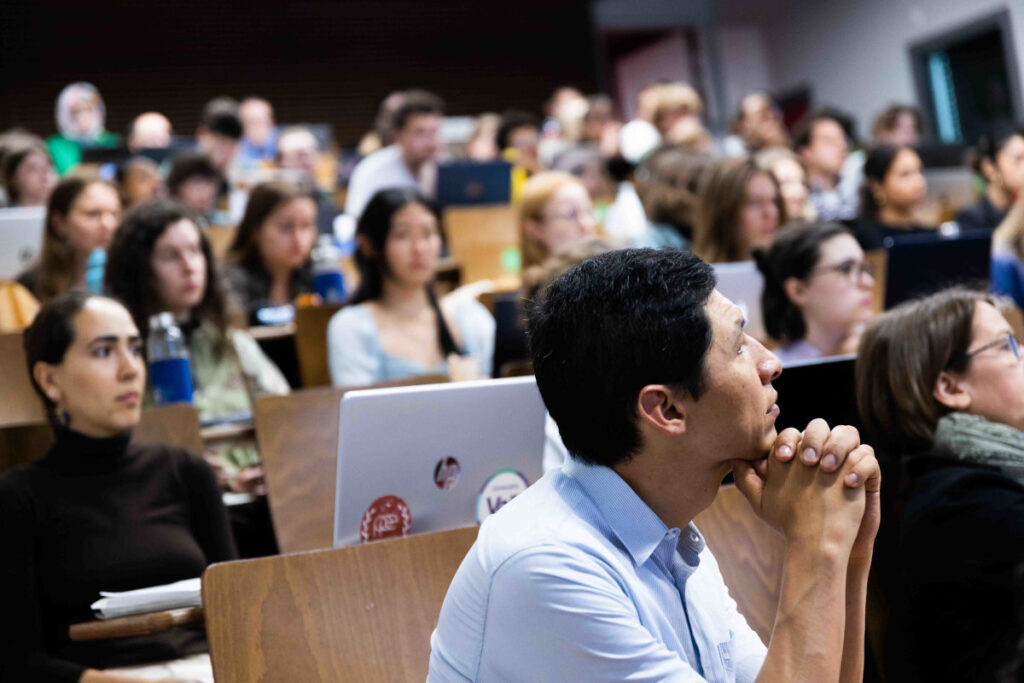
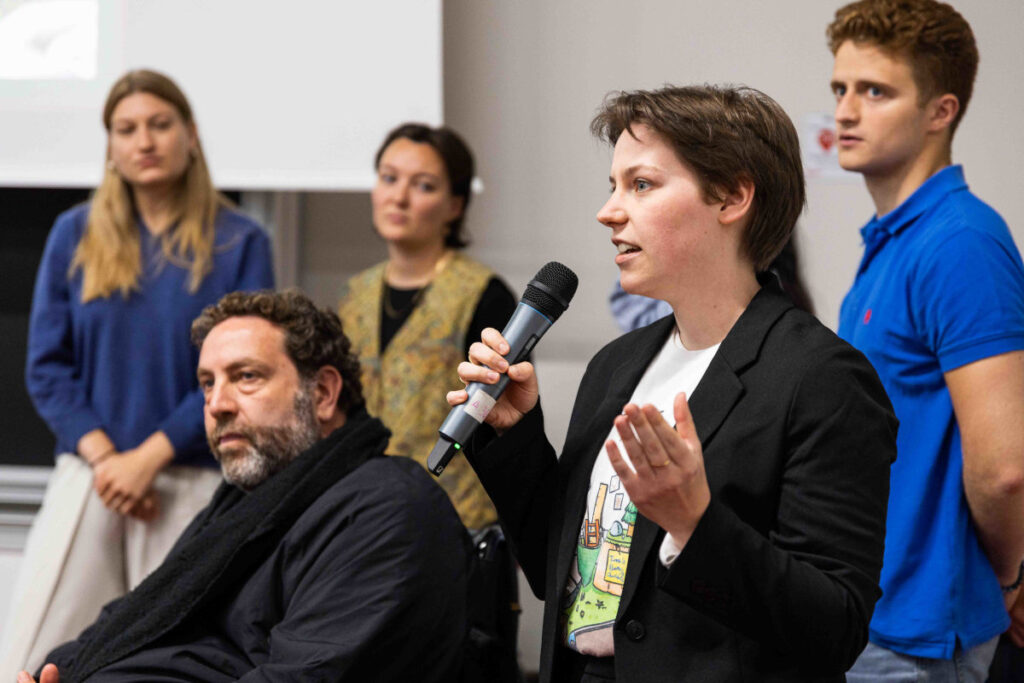
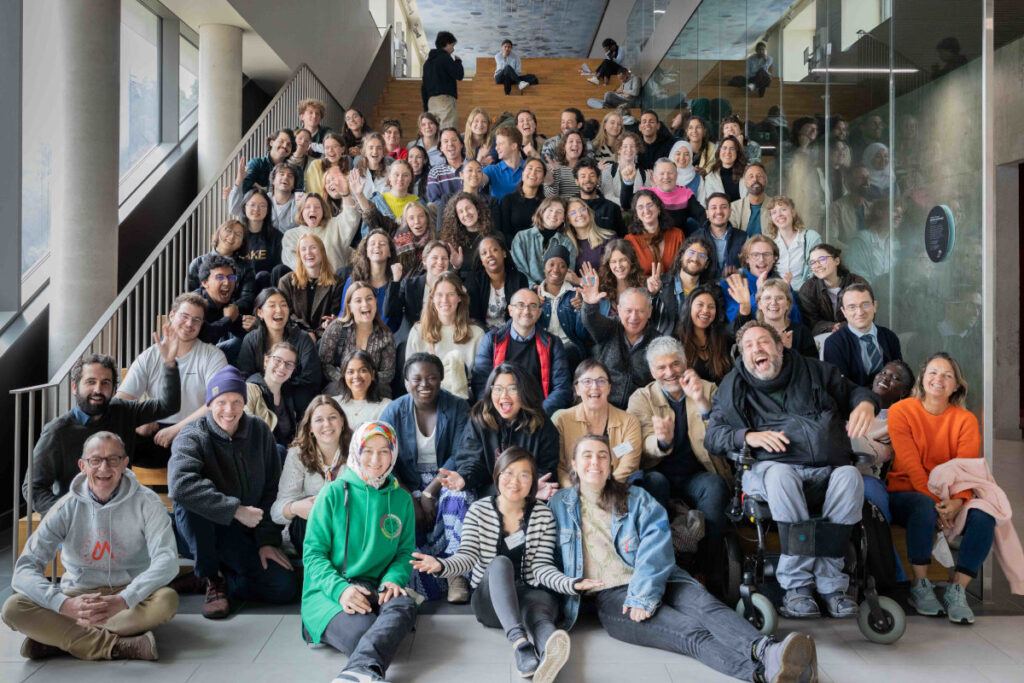
© Superkut
A master's degree with a European focus
The Charm-EU alliance of European universities was launched in 2019 as part of the Erasmus+ call for projects for European universities. It brought together five partners under the coordination of the University of Barcelona, including: the University of Montpellier, the University of Utrecht (Germany), Trinity College Dublin (Ireland), and Eötvös Loránd University in Budapest (Hungary). A jointly developed master's degree program was launched by these five universities in 2021.
Entitled "Global challenges for sustainability," this transdisciplinary, research-based curriculum focuses on solving real-world challenges in line with societal issues by working on three key themes: water, food, and health. Enrolled de facto in the five universities, students follow the same curriculum at the same time, regardless of which campus they are on, thanks to a hybrid teaching approach that allows the teaching team to offer the most international experience possible.
Since its creation, five European universities have joined the Charm-EU alliance: Åbo Akademi University (Finland), the University of Würzburg (Germany), the Ruhr-West University of Applied Sciences (Germany), and the University of Bergen (Norway). They will be part of the new, enhanced master's program, which is set to launch in September 2025 with a fourth, new training theme: energy and sustainable cities.